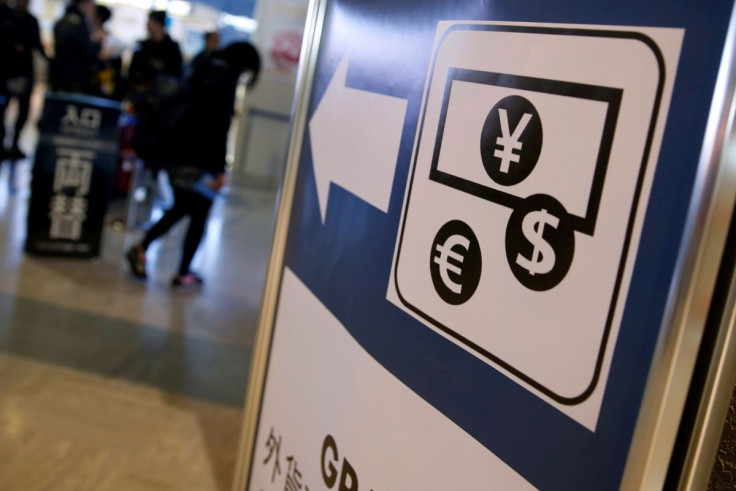Dollar Dips, Yen Near Six-year Lows As Ukraine Crisis Weighs

The dollar edged lower versus major currencies on Monday, with investors awaiting remarks from U.S. Federal Reserve chair Jerome Powell later in the day and from other central bank policymakers this week for monetary policy clues.
Currency markets have been roiled over the past month by the financial fallout from Russia's invasion of Ukraine, as the economic costs come into sharper focus, including higher inflation fuelled by rising energy costs.
Ukraine defied a Russian demand that its forces lay down arms before dawn on Monday in Mariupol, where hundreds of thousands of civilians have been trapped in a city under siege and already laid to waste by Russian bombardment.
Russia calls the war, the biggest attack on a European state since World War Two, a "special military operation" to disarm Ukraine. The West describes this as a false pretext for an unprovoked war of aggression.
As the crisis continues, central banks globally have been grappling with how quickly to try to stem soaring inflation.
The Fed raised its key interest rate by 25 basis points last week for the first time since 2018. Traders are now focused on the potential speed and size of future rate hikes.
A series of speeches by Fed policymakers this week, kicked off by Powell on Monday, could provide some clues. At least one Fed speaker is due each day this week and Powell himself is making another appearance on Wednesday.
The dollar index, which measures the greenback against six peers, dipped 0.1% to 98.222.
The Fed's stance has sharply contrasted with the Bank of Japan, which on Friday maintained its huge stimulus programme and held rates steady, arguing that the spike in inflation would be temporary.
The BOJ's dovish policy has helped weaken the yen, with the Japanese currency trading near six-year lows versus the dollar.
The yen slipped further on Monday, down 0.1% at 119.230 yen per dollar, after touching 119.40 yen on Friday, its lowest level since 2016.
"The widening policy divergence is continuing to push the yen to more deeply undervalued levels against the U.S. dollar," said Lee Hardman, currency analyst at MUFG, in a note.
The euro strengthened slightly versus the dollar on the day, up 0.1% to $1.10585.
Speeches this week by several policymakers at the European Central Bank, including president Christine Lagarde, will also be closely watched by traders.
Also on the agenda in Europe this week is a meeting by the Norwegian Central Bank, with a rate hike expected there too.
Both the Australian and New Zealand dollars dipped on the day, down 0.4% and 0.2% respectively, as risk appetite remained in check across markets.
© Copyright Thomson Reuters 2024. All rights reserved.




















